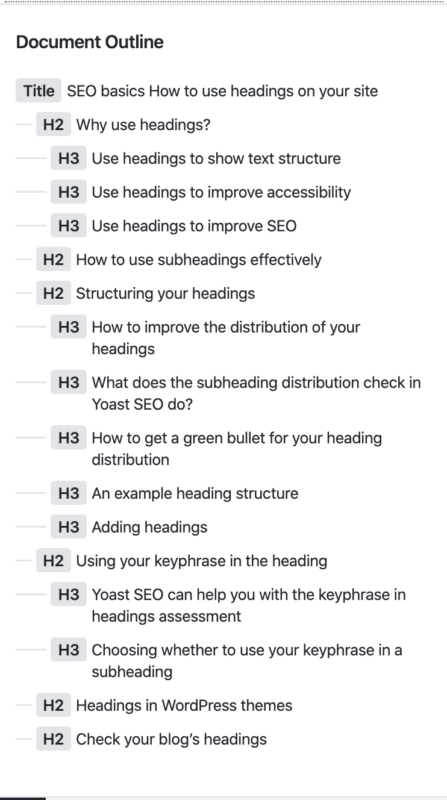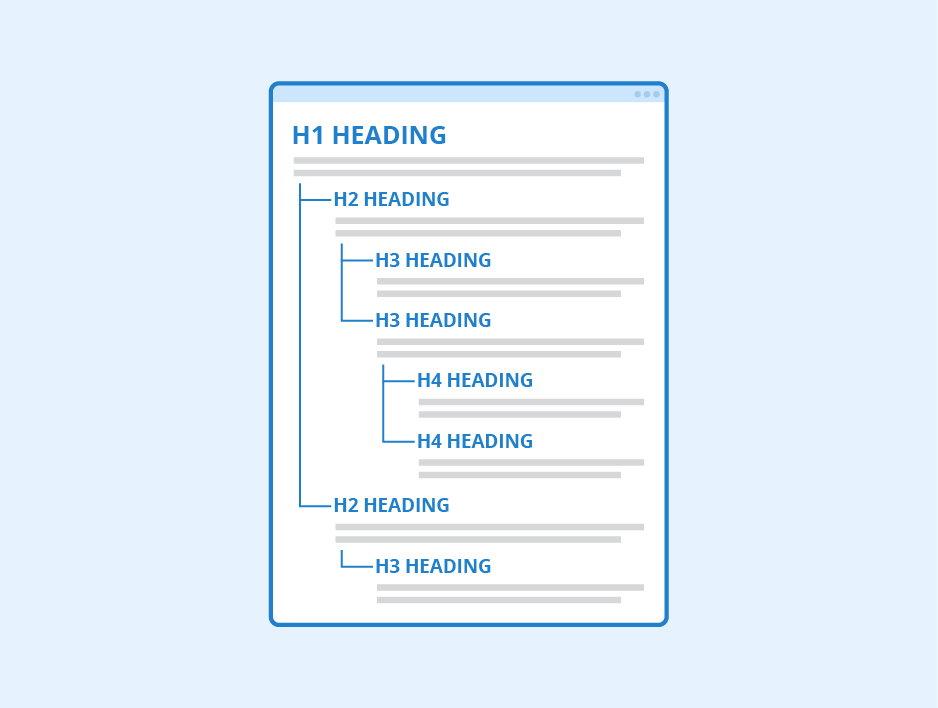Writing a blog is fun. Many people love to read blogs. But how do you make your blog better? One way is by using headers. Headers help organize your blog. They make it easier to read. They also help with SEO. SEO means Search Engine Optimization. It helps people find your blog.
What Are Headers?
Headers are titles for sections in your blog. They help break up big text. This makes it easier to read. Readers know what each part is about. Headers also help search engines. Search engines like Google use headers to understand your blog.
Types Of Headers
There are different types of headers. They are H1, H2, H3, and so on. Each one has a job. They show the importance of each section.
H1 Header
H1 is the most important. It is the main title of your blog. You should only have one H1. It tells what your blog is about.
H2 Header
H2 headers are next. They are for big sections in your blog. Use them to break up your text. They help readers know what each part is about.
Header
H3 headers are for smaller parts. Use them under H2 headers. They give more detail. They help organize your thoughts.
Why Use Headers?
Headers make reading easy. They help people find what they want. They also help search engines. Good headers can improve your SEO. This means more people find your blog.
How Do Headers Help With Seo?
Headers tell search engines what is important. Search engines use this to rank your blog. Good headers can make your blog rank higher. This means more people will see it.
Using Keywords In Headers
Keywords are important words. They tell what your blog is about. Use keywords in your headers. This helps search engines find your blog. But do not use too many. This can hurt your SEO.
Best Practices for Using Headers
There are some rules for using headers. Follow these to make your blog better.
Use One H1 Header
Always use one H1 header. It is your main title. It should be clear and strong. It tells what your blog is about.
Use H2 For Main Sections
Use H2 headers for big sections. This helps break up your text. It makes it easier to read. It also helps search engines understand your blog.
Use For Subsections
H3 headers are for smaller parts. Use them under H2 headers. They give more detail. They help organize your blog.
Use Keywords Wisely
Put keywords in your headers. This helps with SEO. But do not use too many. Make sure your headers make sense.
Keep It Simple
Make headers clear. Use simple words. Make them easy to understand. This helps readers and search engines.

Credit: yoast.com
Common Mistakes to Avoid
There are some mistakes people make with headers. Avoid these to improve your blog.
Using Too Many H1 Headers
Do not use more than one H1 header. This can confuse search engines. It can also confuse readers.
Using No Headers
Do not write a blog without headers. This makes it hard to read. It can also hurt your SEO. Always use headers to break up text.
Ignoring Keywords
Do not forget keywords in headers. They help with SEO. They tell search engines what your blog is about.
Frequently Asked Questions
What Is The Importance Of Header Structure In Seo?
Header structure helps search engines understand your content. It improves readability for users and boosts SEO rankings.
How Do I Use H1 Tags Effectively?
Use H1 tags for the main title only. It should clearly reflect the content's primary topic.
Can Multiple H2 Tags Be Used In A Blog Post?
Yes, multiple H2 tags can organize content sections. They help readers and search engines navigate your post.
Is It Necessary To Use H3 Tags?
H3 tags are useful for sub-sections within H2 sections. They enhance content structure and clarity.
Conclusion
Headers are important for blogs. They help organize your thoughts. They make reading easier. They also help with SEO. Use H1, H2, and H3 headers. Use keywords wisely. Avoid common mistakes. Your blog will be better.

Credit: www.seobility.net
Summary Table: Header Best Practices
| Header Type | Usage |
|---|---|
| H1 | Main title, use only once |
| H2 | Big sections, use for main topics |
| H3 | Subsections, use for details |
Remember these tips. Make your blog easy to read. Use headers to guide readers. Help search engines understand your content. Your blog will be more successful.
Thank you for reading. Now you know how to use headers. Go write a great blog!